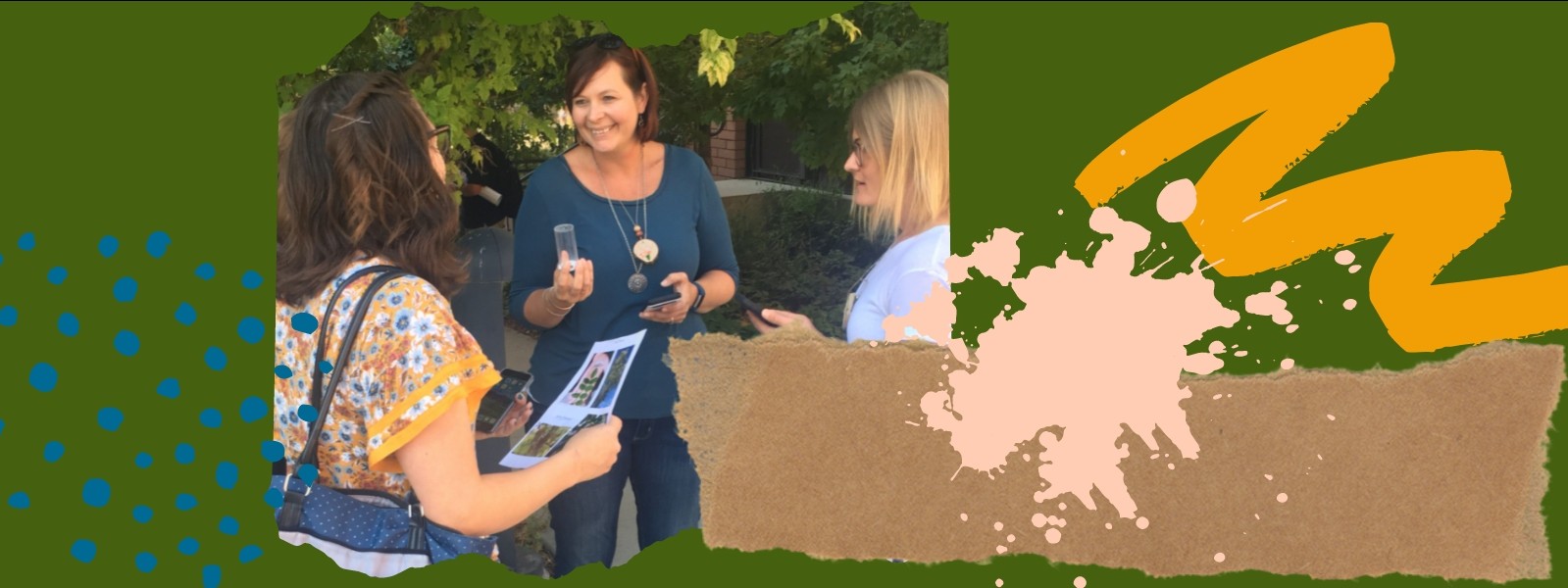The Utah Society for Environmental Education advocates for sound environmental education policy and decision making. When we look at the EPA's definition of environmental education, they note that EE is a process that allows individuals to explore environmental issues, engage in problem-solving, and take action to improve the environment. As a result, individuals develop a deeper understanding of environmental issues and have the skills to make informed and responsible decisions. We take this same civics-minded approach when it comes to EE policy.
We hope that you'll join us to stay informed and take action. There are a number of ways that you can advocate on behalf of environmental education on the local, state, and federal levels.
ESSER Funds for Environmental and Outdoor Education
Did you know that federal Elementary & Secondary Schools Emergency Relief (ESSER) funds can be used to support environmental and outdoor education activities?! Utah's School Districts will receive a combined total of over $956 million through ESSER and districts are deciding right now how to use their share of those funds.
Please see the following documents for more information, and contact Alex Porpora if you have any questions:
Then, please reach out to your school-based partners as well as your home school district and ask that environmental and outdoor education activities be included in their plan, activities such as:
- field experiences for students,
- outdoor classrooms,
- professional development for teachers, and
- green school activities.
Let’s ensure that environmental and outdoor education activities are part of every student’s experience in the 2021-2022 academic year.
Support for No Child Left Inside
Along with our partners at the North American Association for Environmental Education, we are working to build support for the reauthorization of the federal No Child Left Inside Act. USEE is asking Senator Mitt Romney to co-sponsor this legislation. NCLI is a very good step in the right direction to help improve our schools’ ability to offer high-quality lessons about the environment. It will provide critically needed support to states to train teachers, develop scientifically grounded programs, pilot Outdoor School Education programs and create environmental literacy plans to ensure that students are environmentally literate when they graduate from high school.
Review the sign-on letter here. To sign on, fill out this form.


